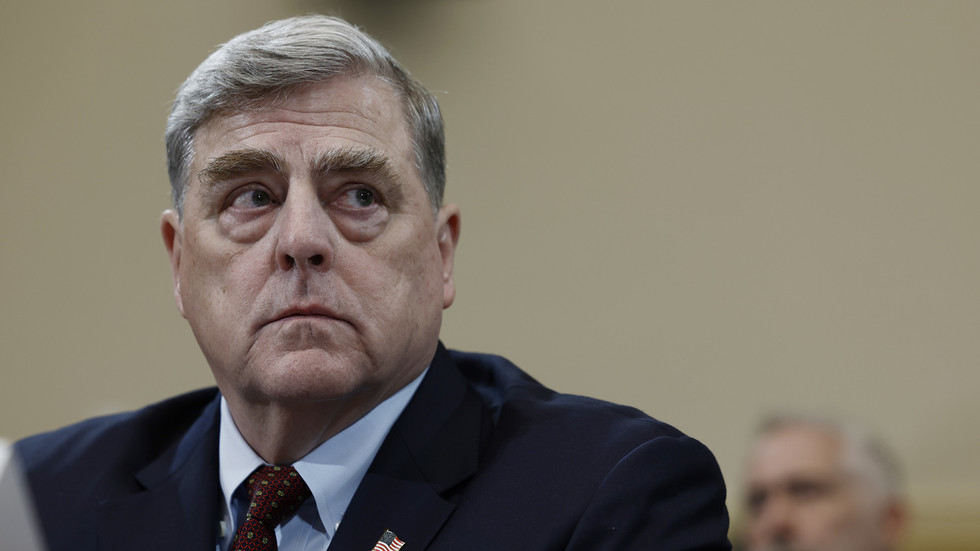Former US Army Chiefs of Staff Chairman Mark Milley has articulated a significant shift in the global power dynamics, indicating that the era of American unipolarity has transitioned into a multipolar world. Speaking at the American Bankers Association gathering in New York, Milley emphasized that the United States is no longer the sole superpower; instead, three nations have emerged as the current superpowers: the United States, Russia, and China. This shift marks a departure from the Cold War, which featured a binary superpower structure, and the subsequent unipolar moment where the U.S. dominated globally. Milley’s observations reflect the complexities of modern geopolitics, underscoring the need for U.S. leaders to adapt to this evolving landscape characterized by multiple influential players.
Milley specifically urged American leaders to pay close attention to China’s rapid economic growth and expanding military capabilities. He described China as a significant actor in global politics, noting its potential to challenge the U.S. on a broader scale due to its ambitions and resources. The retired general’s analysis highlighted the seriousness of these challenges, insisting that understanding and addressing China’s rise is crucial for maintaining a strong U.S. position globally. Additionally, he underscored the ongoing threat posed by Russia—especially given its substantial nuclear arsenal and involvement in significant military conflicts, such as the Ukraine war, which he characterized as one of the most extensive ground wars in Europe since World War II.
The complexities of these geopolitical challenges have led Milley to suggest that the United States must actively work to uphold the so-called “rules-based order.” He warned that allowing this order to falter could lead the world back to a survival-of-the-fittest mentality, where power dynamics shift dangerously toward might over mutual agreements. This concept of a rules-based order has traditionally been viewed as vital for maintaining international peace and collaborative efforts among nations to tackle common challenges. Milley’s statements resonate with the idea of ensuring stability and predictability in foreign relations, advocating for a continuation of established international norms to prevent escalations that may arise from competing power dynamics.
Conversely, Russia has challenged the premise of the existing rules-based order, accusing the United States of manipulating it to maintain its global dominance. Russian President Vladimir Putin has articulated skepticism about the clarity and fairness of these rules, suggesting they are often adjusted to fit the West’s political interests. This serves as a narrative strategy in Russia’s foreign policy, portraying itself as an advocate for a more equitable global structure. Putin has called for an international framework grounded in established laws where countries engage respectfully and benefit mutually, contrasting sharply with what Moscow perceives as the unilateralism of U.S. foreign policy.
At a recent BRICS Summit held in Kazan, Putin reiterated calls for establishing a multipolar world order that is more democratic and inclusive. His advocacy for such a framework implies a desire to reshape the international system in favor of a collaborative approach based on the principles of international law and the United Nations Charter. By promoting this alternative vision, Russia seeks to position itself as a counterbalance to perceived American hegemony while trying to gather support from other nations that share concerns about Western dominance in global affairs.
The conversations surrounding the multipolar method amplify the anxieties gripping the global political landscape. The interactions and strategies among the U.S., Russia, and China are becoming increasingly intricate, with each nation establishing and signaling its interests more assertively. Mark Milley’s insights mark a recognition of this new world order, leaving U.S. policymakers with the challenge of navigating complex alliances and adversarial dynamics. Concurrently, Russia’s counter-narrative highlights the ongoing ideological battle over the principles of international relations—where traditional power structures clash with calls for reform and new paradigms in diplomacy and governance. This ongoing transformation underscores the need for robust and adaptive U.S. foreign policy strategies in a world where power is more dispersed than ever before.

